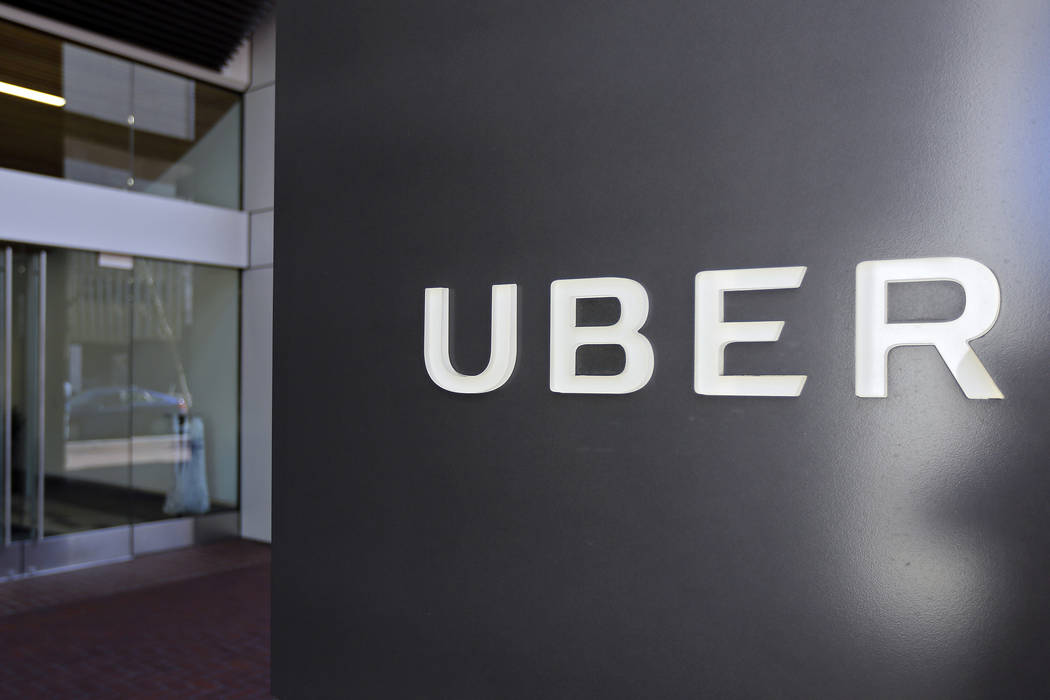EDITORIAL: California pursuing bill that would crush Uber, Lyft
California millennials who embrace socialism while enjoying the conveniences created by capitalism are about to get a rude awakening. That’s because the state’s lawmakers are considering subjecting the gig economy to rules designed for a 1950s factory.
The current job market looks very different than it did six decades ago, when a worker might stay in the same job for years. Today, rideshare drivers may work for Uber and Lyft within the same hour. That’s because they aren’t employees of either company. They’re paid as contractors.
Drivers for ride-hailing services aren’t the only workers with this type of arrangement. Barbers, truck drivers, construction workers, massage therapists and even freelance writers often work as independent contractors. People agree to structure their employment that way for a variety of reasons, but one benefit is flexibility. When individuals work for themselves, they have more control over their schedules.
The freedom provided by these arrangements creates significant benefits for consumers. For instance, arriving in a new city used to mean an expensive taxi ride or renting a car you’d use only to get to and from your hotel. No more. Now, travelers can simply pull out their phones and use a ride-hailing service. The use of these technologies has made both Uber and Lyft multibillion-dollar corporations.
But Democrats in the California Legislature are on a path to upend this arrangement. A proposal that’s already passed the Assembly would force Uber, Lyft and many other companies to classify their workers as employees instead of independent contractors.
This would eviscerate the business models of ride-hailing companies — and, in fact, that’s the point. Uber, Lyft and others would become responsible for a host of new costs, including payroll taxes, unemployment taxes and paid time off. Analysts with Barclays have estimated the change would cost Uber and Lyft more than $3,600 per driver, as reported by Business Insider. The analysts warned that if these regulatory burdens are imposed, it “would potentially bankrupt both Uber and Lyft.”
The concept in this bill would upended employment relationships of barbers, real estate agents and other independent contractors, too. The bill exempts them, however, in a brazen attempt to limit political opposition. The unions pushing the bill are targeting Uber and Lyft because, among other reasons, the bill would make it much easier to unionize drivers.
The proposal would essentially eliminate a service in California that has become a big hit with millions of Americans, particularly younger ones. It’s one thing to voice your support for big government in theory. It’s another to endure the consequences when an overactive administrative state — doing the bidding of protectionist special interests — shuts downs or dramatically increases the price of your favorite ride-hailing service.
Let’s hope millennials know whom to blame if California insists on overreaching to stifle and limit innovation.






















